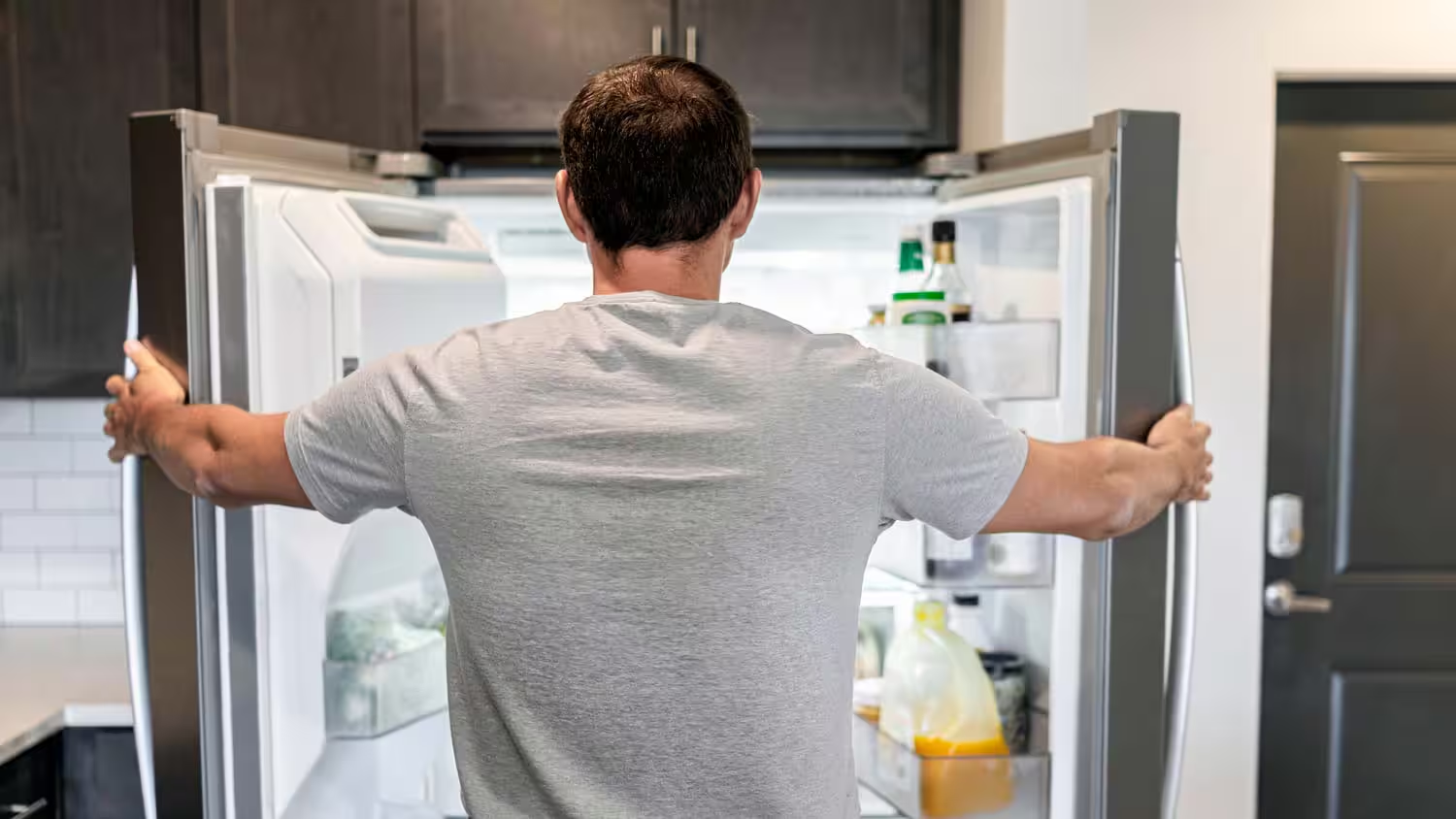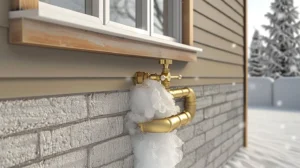Your refrigerator is one of the hardest-working appliances in your home. It quietly hums along, keeping your food fresh and your drinks cold. But like all good things, refrigerators don’t last forever. When they start to falter, they often give subtle (or not-so-subtle) hints that something’s amiss. Recognizing these signs early can save you from the headache of a full-blown breakdown. Let’s explore the top five signs that your refrigerator might be in need of repair or, in some cases, replacement.
1. Strange Noises
If your refrigerator starts making strange noises, it’s time to pay attention. A little hum is normal, but loud clanks, bangs, or constant buzzing? Not so much. These sounds could indicate issues with the compressor, fan, or motor. While some noise can be fixed with a repair, persistent or worsening sounds might be a sign that your fridge is nearing the end of its life. If you notice that the noises are accompanied by other issues, like temperature fluctuations or inefficiency, it might be time to consider a replacement.
2. Temperature Fluctuations
Your refrigerator should maintain a consistent temperature to keep your food safe and fresh. If you find that your milk is spoiling faster than usual or your ice cream is more like soup, your fridge might not be cooling properly. Temperature fluctuations can be caused by several factors, such as a malfunctioning thermostat, faulty seals, or a failing compressor. A quick check with a refrigerator thermometer can confirm if the interior temperature is staying within the safe range of 35-38°F. If it’s not, a repair might be in order. However, if the problem persists or other components start to fail, replacement might be the more cost-effective option.
3. Excessive Condensation or Frost Buildup
Notice beads of water inside your refrigerator or excessive frost in the freezer? These are clear indicators that something is wrong. Condensation usually points to an issue with the door seals, which can be worn out or damaged, allowing warm air to enter and cause moisture buildup. Frost, on the other hand, can be a sign of a malfunctioning defrost system or an issue with the freezer’s thermostat. While replacing seals or cleaning out vents might fix the problem, recurring issues could signal that your refrigerator is struggling and may need to be replaced.
4. High Energy Bills
Refrigerators are one of the largest energy consumers in your home, but if you’ve noticed a sudden spike in your electricity bill, your fridge could be the culprit. An inefficient or aging refrigerator will have to work harder to maintain the correct temperature, drawing more power in the process. If you’ve had your refrigerator for a decade or more, it might not be as energy-efficient as newer models. Upgrading to an ENERGY STAR-rated refrigerator can save you money in the long run and reduce your carbon footprint.
5. Food Spoiling Quickly
If you’re constantly tossing out food because it’s spoiling faster than expected, your refrigerator isn’t doing its job. This could be due to uneven cooling, with some areas of the fridge being too warm and others too cold. Spoiling food is not only a waste of money but also a health hazard. Before your fridge turns into a costly food waster, it’s worth calling a technician to diagnose the problem. In many cases, a simple repair can extend the life of your fridge. But if spoilage persists despite repairs, it might be time to start shopping for a new one.
When to Repair and When to Replace
So, how do you decide between repairing and replacing your refrigerator? A good rule of thumb is the age of the appliance. If your refrigerator is less than 10 years old, it’s often more cost-effective to repair it. However, if it’s over 10 years old, the cost of repairs might outweigh the benefits, especially if the appliance is showing multiple signs of wear and tear.
Another factor to consider is the cost of the repair itself. If the repair bill is more than half the cost of a new refrigerator, replacement is usually the smarter choice. Additionally, think about energy efficiency. Older refrigerators are less efficient and can cost you more in energy bills over time. A new, energy-efficient model might save you money in the long run, even if the upfront cost is higher.
Extending the Life of Your Refrigerator
Regardless of whether you repair or replace your fridge, regular maintenance can help extend its life and keep it running efficiently. Clean the coils at least twice a year, check the door seals for cracks, and ensure the interior temperature stays within the safe range. Keep the fridge well-organized to allow air to circulate, and avoid overloading it, which can strain the compressor.
Final Thoughts
Your refrigerator plays a crucial role in keeping your household running smoothly. Recognizing the signs that it might need repair or replacement can save you from unexpected breakdowns and costly food waste. By staying alert to unusual noises, temperature issues, and rising energy bills, you can make informed decisions about whether to repair or replace your fridge. And remember, a little maintenance goes a long way in ensuring your refrigerator stays in good working condition for years to come.
So, the next time you grab a cold drink or open the fridge to make dinner, take a moment to appreciate the hardworking appliance that makes it all possible. Happy chilling!









